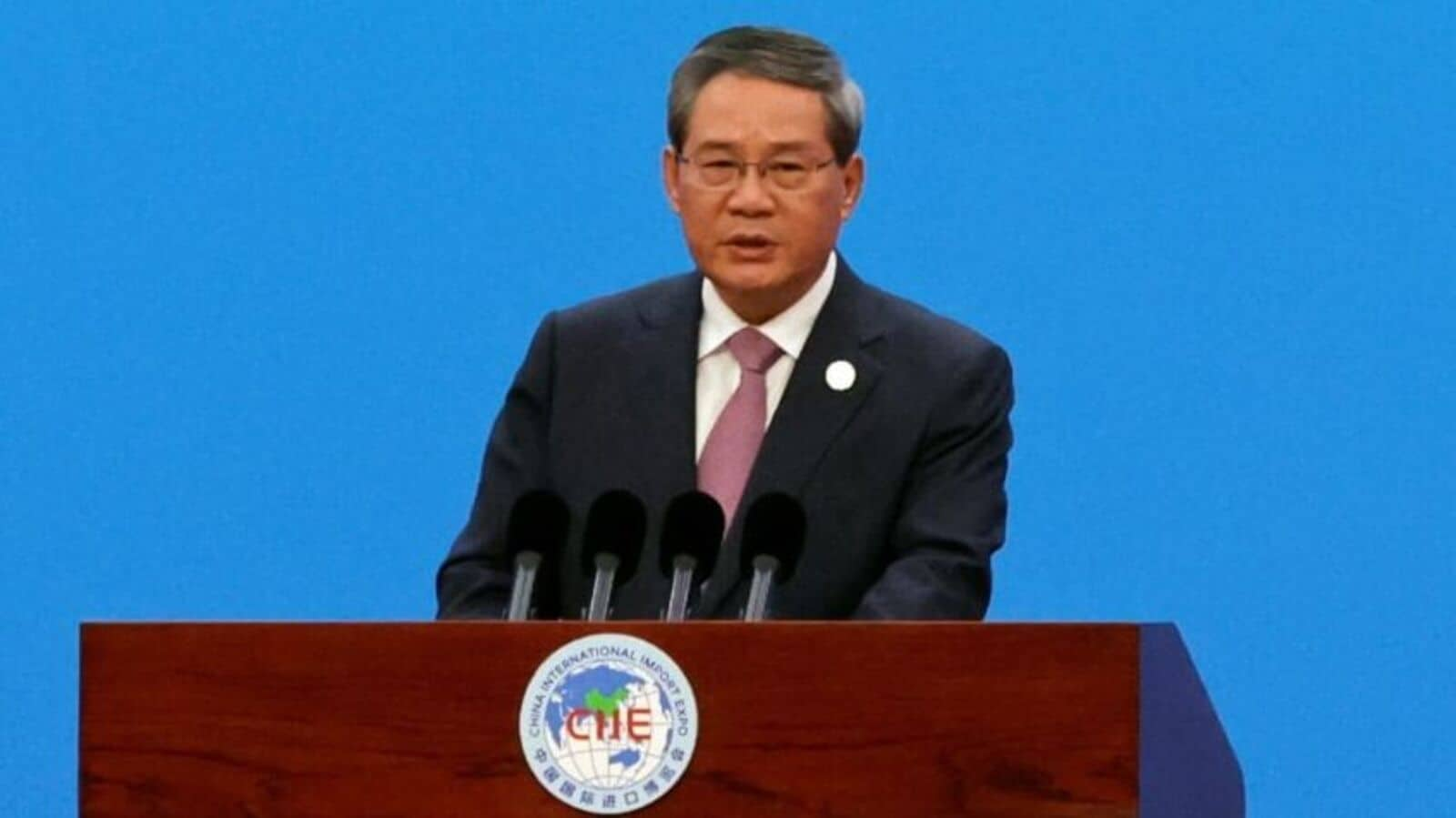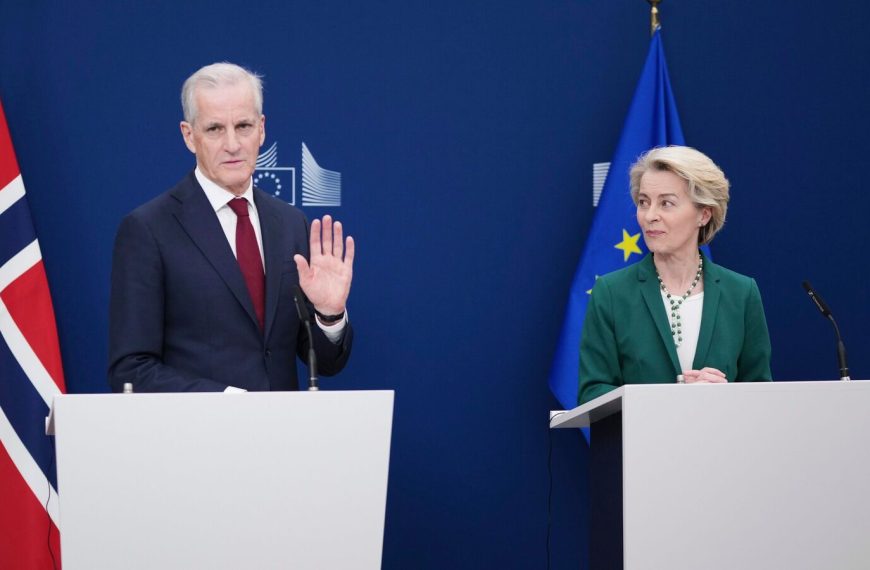In a significant address at the China Development Forum in Beijing, Chinese Premier Li Qiang emphasized the necessity for nations to enhance market openness amid escalating economic fragmentation. Speaking to a diverse audience of global business leaders and Republican Senator Steve Daines, Li asserted that "instability and uncertainty are rising," making it crucial for countries to collaborate and share resources more effectively.
Strengthening Global Cooperation
Li’s comments come at a pivotal time as the world faces increasing economic challenges. He stressed that both the United States and China could benefit from cooperation rather than confrontation. "History shows us that collaboration leads to mutual gains," he noted, underscoring the importance of improving China-U.S. relations for sustainable development.
- Key takeaways from Li’s address:
- Urgent need for market openness.
- The call for shared business resources.
- Emphasis on cooperation over conflict.
Diplomatic Meetings with Key U.S. Officials
Senator Daines, who represents Montana and serves on the Foreign Relations Committee, engaged in discussions with Vice Premier He Lifeng prior to the forum. His interaction with Li, alongside executives from prominent American companies like Boeing, Pfizer, and FedEx, marks a rare moment of dialogue between U.S. and Chinese officials since the Trump administration resumed power.
This direct engagement is seen as vital for fostering better diplomatic relations. Stephen Orlins, president of the National Committee on U.S.-China Relations, suggested that a meeting between President Trump and President Xi could pave the way for constructive policy changes, mitigating potential trade tensions.
Economic Outlook and Foreign Investment
During the forum’s opening, Premier Li reiterated China’s commitment to economic stability, promising to adjust interest rates and reserve requirements "timely" to support growth. His remarks highlight China’s urgent need to attract foreign investment, as last year saw a significant decline in inbound capital—the lowest in over 30 years.
- Insights from industry leaders:
- Bill Winters, CEO of Standard Chartered, noted a cautious re-engagement from international investors, though consumer credit growth has slowed.
- China’s ambitious goal for a 5% growth rate by 2025 reflects its determination to rebound despite facing external pressures.
Challenges Ahead for Trade Relations
As the U.S. prepares to assess China’s adherence to the phase-one trade agreement, concerns loom over increased tariffs and trade restrictions. Recent statistics reveal a dramatic decrease in Chinese imports of U.S. goods, including cotton and large-engine vehicles, which had faced retaliatory tariffs from China.
China’s officials are keen to present the country as a stabilizing force in global trade, especially as it launches new consumption initiatives aimed at counteracting economic risks.
Conclusion
The China Development Forum, initiated in 2000, has evolved into a crucial platform for dialogue between China and global businesses. This year’s discussions, led by Premier Li, signify a hopeful attempt to reverse negative perceptions and foster a healthier economic environment. As both nations navigate these turbulent waters, the potential for cooperation remains a beacon of hope for a more stable economic future.











